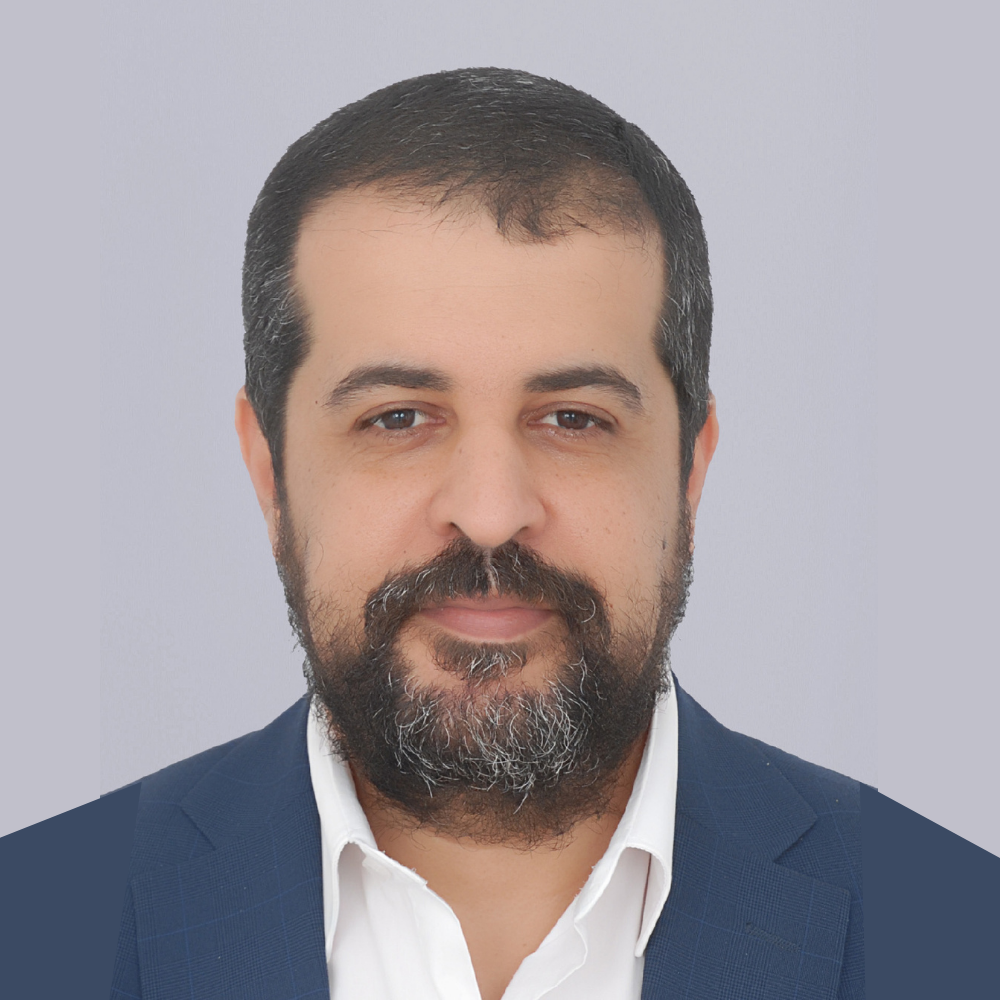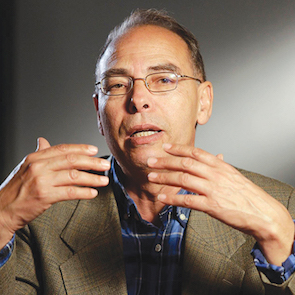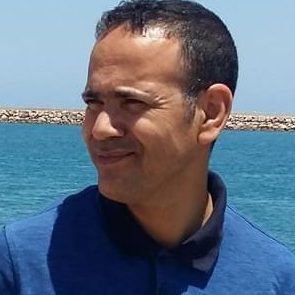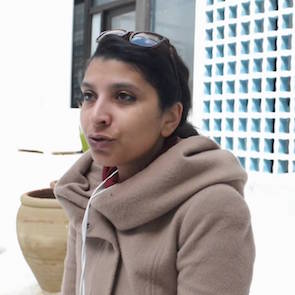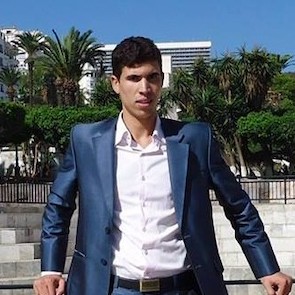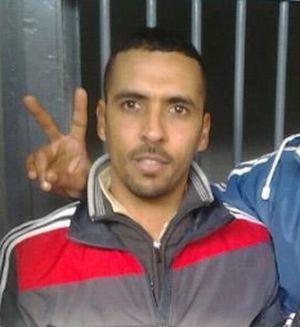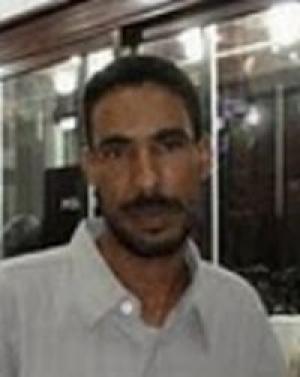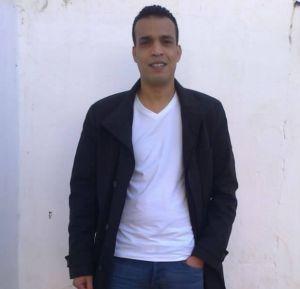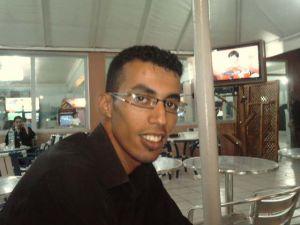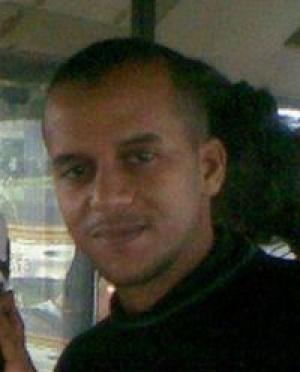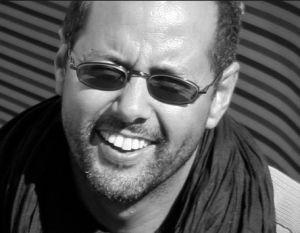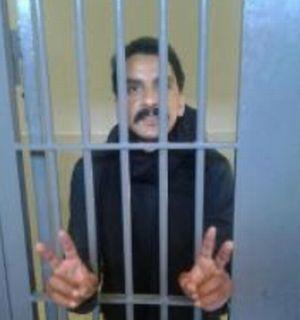#Morocco
#Morocco
In response to the February 2011 pro-reform protests in Morocco, inspired by sister movements in Egypt and Tunisia, King Mohammed VI promised reform, including the “strengthening of human rights in all their dimensions, political, economic, social, cultural, environmental, and developmental”. The new constitution, which was voted in by the country’s electorate in July 2011, prohibited torture and ill treatment, arbitrary detention and enforced disappearances, guaranteed greater equality for women and introduced other positive legal reforms.
While these developments have been positive, difficulties remain for human rights defenders. Journalists and media workers critical of the government face harassment and arrest in some instances, and the country's press law includes prison terms for “maliciously” spreading “false information”. There are reports of torture and ill-treatment of human rights defenders in detention and activists held have been incommunicado.
Government officials can arbitrarily refuse registration of independent associations. Groups such as those that advocate on behalf of sub-Saharan immigrants and unemployed university students as well as organizations that defend the rights of Sahrawis and Amazighs (Berbers) face serious restrictions to their work.

